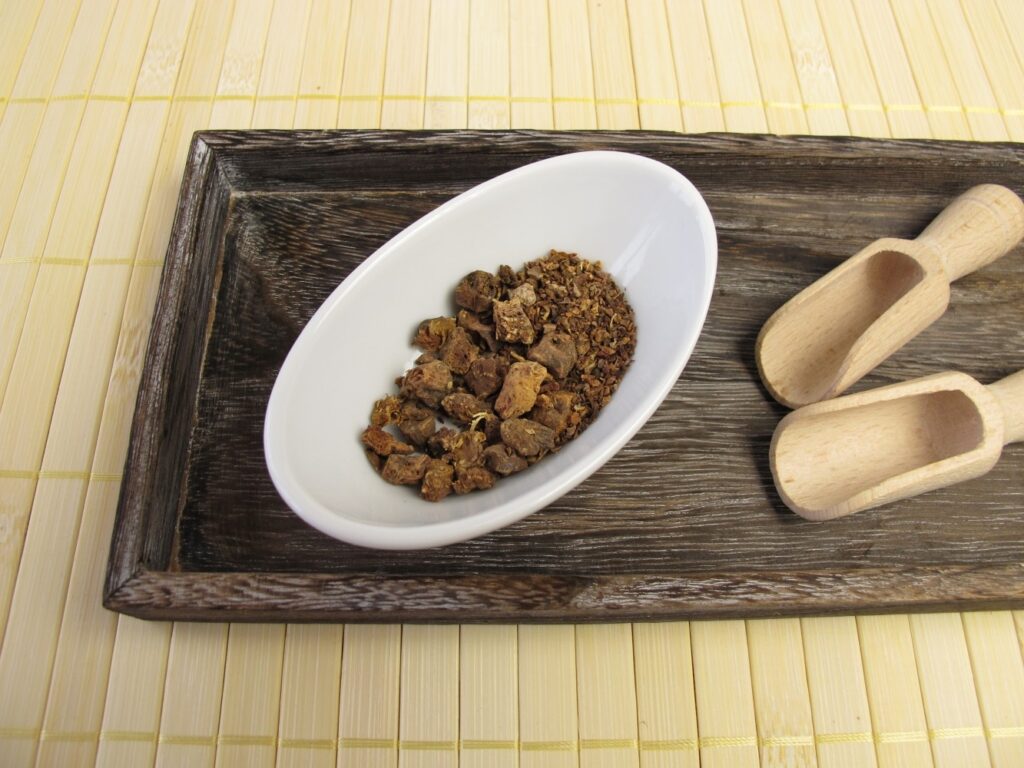Organic herbs have gained significant popularity in the UK due to their perceived health benefits and culinary versatility. This guide aims to delve into the importance and advantages of incorporating organic herbs into your lifestyle, from cultivation and sourcing to cooking and consumption. In today’s article, we will take a look at the topic: Unlocking the Benefits of Organic Herbs in the UK: A Comprehensive Guide
Table of Contents
- Understanding Organic Herbs
- Growing Organic Herbs
- Sourcing Organic Herbs
- Cooking with Organic Herbs
- FAQ
Understanding Organic Herbs
What are Organic Herbs?
Organic herbs are herbs grown and harvested without the use of synthetic pesticides, fertilizers, or genetically modified organisms (GMOs). They are cultivated using natural methods that promote soil fertility, biodiversity, and environmental sustainability.
Benefits of Choosing Organic
- Reduced exposure to harmful chemicals: Organic farming practices eliminate the use of synthetic pesticides and herbicides, reducing the risk of chemical residue on herbs.
- Higher nutritional content: Studies suggest that organic herbs tend to have higher levels of antioxidants and other beneficial nutrients compared to conventionally grown counterparts.
- Support for biodiversity: Organic farming methods promote healthy ecosystems, fostering biodiversity and protecting wildlife habitats.
Growing Organic Herbs
Setting Up Your Herb Garden
- Choose a sunny location: Most herbs thrive in full sunlight, so select a spot in your garden or balcony that receives ample sunlight throughout the day.
- Prepare the soil: Ensure your soil is well-draining and rich in organic matter. You can amend the soil with compost or organic fertilizer to improve its fertility.
- Select your herbs: Choose a variety of herbs that you use frequently in your cooking. Popular choices include basil, rosemary, thyme, parsley, and mint.
- Planting: Follow the spacing and depth requirements for each herb, as these may vary. Water thoroughly after planting.
- Maintenance: Regularly water your herbs and mulch around them to retain moisture and suppress weeds. Harvest the herbs frequently to encourage new growth.
Best Organic Herbs to Grow
Rozważ te popularne opcje podczas uprawy ziół organicznych w domu:
- Basil: Adds a fragrant and peppery flavor to dishes, particularly Italian cuisine.
- Rosemary: Known for its aromatic pine-like fragrance, rosemary pairs well with roasted meats and vegetables.
- Thyme: This versatile herb complements a wide range of dishes, from soups and stews to grilled meats.
- Parsley: A staple in many recipes, parsley adds freshness and color to salads, sauces, and marinades.
- Mint: Refreshing and invigorating, mint is perfect for teas, cocktails, and desserts.
Sourcing Organic Herbs
Local Markets and Farmers’ Markets
- Direct from growers: Many vendors at these markets grow their herbs organically and sell them directly to consumers, ensuring freshness and quality.
- Support local farmers: Purchasing herbs from local markets supports small-scale farmers and encourages sustainable agriculture practices in your community.
Online Customers
- Certifications: Look for certified organic products to ensure that the herbs meet strict organic standards.
- Reviews and ratings: Check reviews and ratings from other customers to gauge the quality and reliability of the online retailer.
- Shipping policies: Pay attention to shipping policies and delivery times to ensure your herbs arrive fresh and in good condition.
Cooking with Organic Herbs
Tips for Cooking with Organic Herbs
- Whenever possible, choose fresh herbs instead of dried ones to achieve maximum flavor.
- Add herbs at the right time: Different herbs have varying cooking times and flavor profiles, so add them to your dishes at the appropriate stage to avoid overpowering or underwhelming the other ingredients.
- Experiment with combinations: Don’t be afraid to mix and match different herbs to create unique flavor combinations that complement your dishes.
Recipes Using Organic Herbs
- Caprese Salad with Fresh Basil: Layer ripe tomatoes, fresh mozzarella, and basil leaves, then drizzle with extra virgin olive oil and balsamic glaze.
- Lemon Rosemary Roast Chicken: Rub a whole chicken with minced garlic, lemon zest, and chopped rosemary, then roast until golden and juicy.
- Herb-infused Quinoa Salad: Toss cooked quinoa with chopped parsley, mint, and thyme, then add diced cucumbers, cherry tomatoes, and a lemon vinaigrette.
FAQ:
1. Are organic herbs more expensive than conventionally grown ones?
While organic herbs may sometimes be slightly more expensive, the long-term health benefits outweigh the cost difference.
2. Can I grow organic herbs indoors?
Yes, many herbs can be grown indoors on a sunny windowsill or under artificial grow lights.
3. How can I ensure that the herbs I purchase online are truly organic?
Look for reputable online retailers that provide organic certification for their products and check customer reviews for feedback on the quality of the herbs.
4. Are organic herbs more flavorful than conventionally grown ones?
Organic herbs are often praised for their superior flavor due to their natural growing conditions and higher nutrient content.
5. Can I freeze fresh organic herbs for later use?
A: Yes, you can freeze fresh herbs by chopping them finely and placing them in ice cube trays with water or olive oil.






